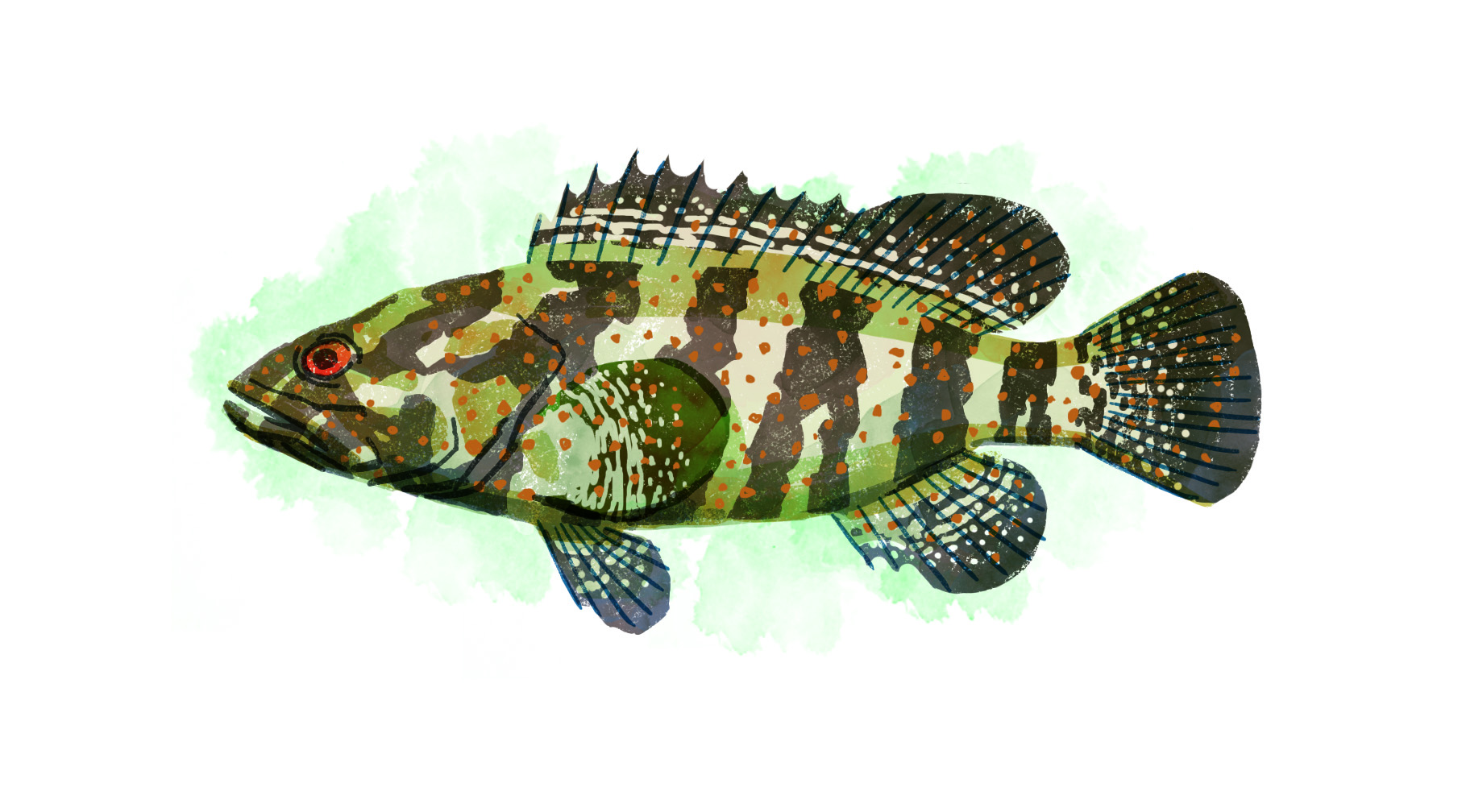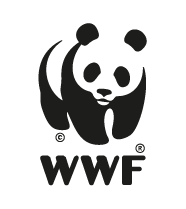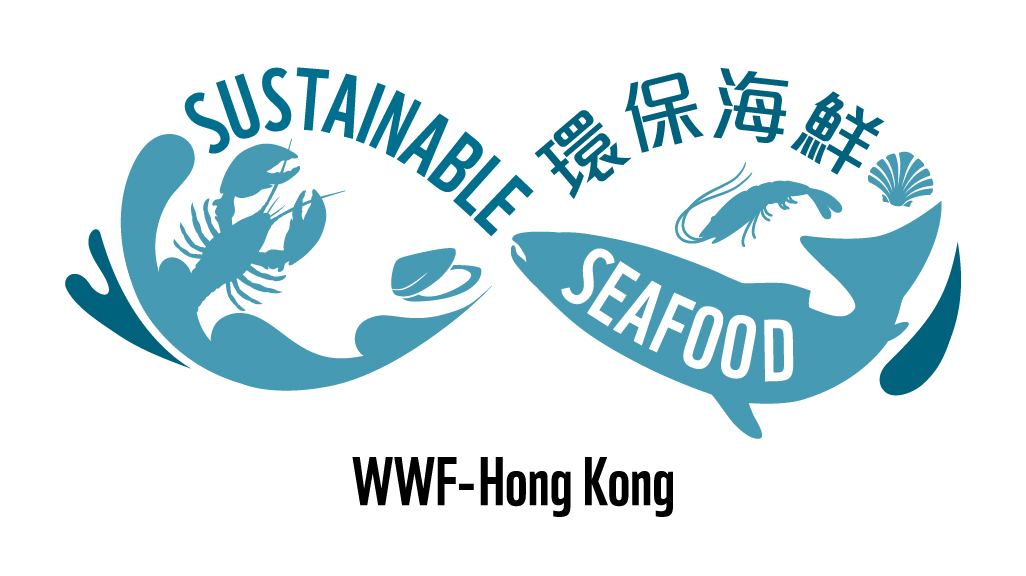
Hatchery-based
Pellet feed is used and the fish-in-fish-out ratio is high, meaning that large amounts of fish are used as feed to produce one kilogram of grouper. The protein and oil components are not always traceable.
Farming orange-spotted groupers in ponds may cause moderate waste discharge and can negatively affect the surrounding environment. Ponds of orange-spotted grouper are located in highly sensitive areas. These aquaculture practices are likely to reduce genetic diversity when the farmed species escapes to the wild environment. Orange-spotted groupers could be subject to both viral and bacterial diseases, and host various parasites, but the transmission to wild species and the negative impact on the surrounding environment are not well known. In order to treat different diseases, chemicals may still be used, mainly antibiotics, causing moderate environmental risk and impact.
The regulatory framework for aquaculture in Taiwan requires more effective and sector-specific laws and regulations to better address various issues when performing different aquaculture operations. Nevertheless, progress has been made on the enforcement of laws and regulations. Overall, it has been partly effective.

